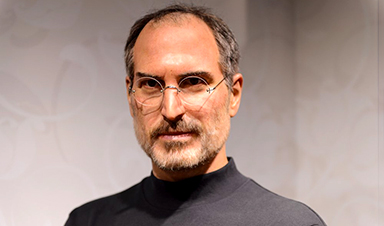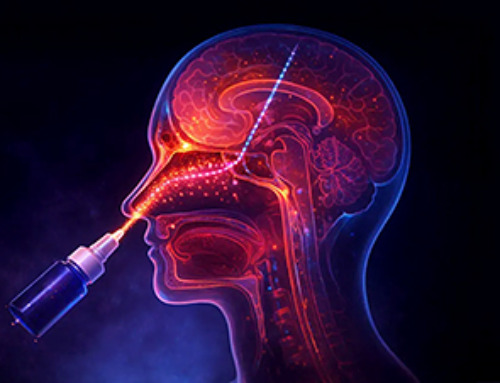Apple’s visionary founder, the late Steve Jobs once said, “the biggest innovations of the 21st century will be at the intersection of biology and technology”.
And that prediction is coming true in the drug discovery field where biology, nanotechnology and AI are uniting against previously untreatable diseases, pandemics, and human ageing.
“Out of COVID’s death and devastation and the knock-on effect upon people already weakened by cancers, heart disease and other long-term killers, it is uplifting to see how the biotech, nanomedicine and computing disciplines are responding,” said Paul Stannard, chairman of the healthcare charity World Science Aid and the World Nano Foundation – the not-for-profit that supports global commercialisation of nanotechnology.
“It’s a combination that Steve Jobs forecast with such typical vision and has already given us faster and more effective vaccine production and virus testing to push back against COVID, while starting to map out more effective health systems that major on treatment at the point of care.
“But real excitement comes from new drug discovery techniques, spearheaded by powerful computing and artificial intelligence platforms that Steve Jobs would have picked out to be disruptors just like his iMac, iPod and iPad.”
As an example, Stannard highlighted developments at a small but fast-growing Silicon Valley neighbour to Jobs’ giant Apple Inc, the AI-driven drug discovery company Verseon, which has built a proprietary technology platform to create new drugs atom by atom.
Fremont-based Verseon says the platform is far more sophisticated than the ‘AI systems’ of other drug developers, as it enables the design of the entirely new chemical structures needed to fight currently untreatable diseases.
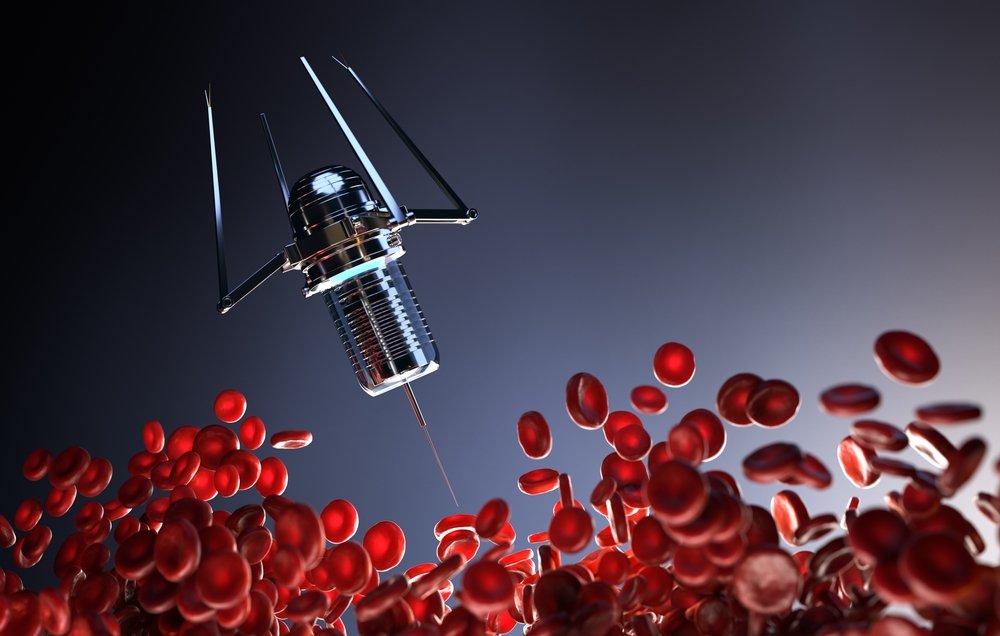
Biology, nanotechnology and AI combined could revolutionise modern healthcare and disease & pandemic protection.
Verseon stresses that AI is only as effective as the data available for it to learn from, as shown by issues arising from development of ‘self-driving’ vehicles; in the case of other ‘AI drug discovery systems’ this data comes only from existing drugs and past experiments.
As highlighted by current coverage in Impact Wealth Magazine, Verseon has freed itself from that conventional approach and is bringing much-needed new treatments to market for cancers, heart disease, and other killers. The company is also developing products that slow human aging and boost longevity.
Many market watchers now believe that despite the pharmaceutical industry’s $1 trillion a year patent-protected revenue, its failure-prone trial-and-error drug development process is an increasing impediment to finding badly needed disease treatments.
Verseon realized that systematic design of completely new drugs requires breakthroughs in molecular-physics modeling to determine how a new chemical structure will bind to a disease-causing protein.
And using its platform, the company has identified multiple new clinical candidates for every one of its programs – a feat unheard of in the pharmaceutical industry.
Verseon’s management team holds over 200 patents collectively and are no strangers to transformational breakthroughs.
Co-founders Adityo Prakash (CEO) and Eniko Fodor (COO) patented technologies now owned by Intel that power all video streaming today, from Amazon Prime to Zoom.
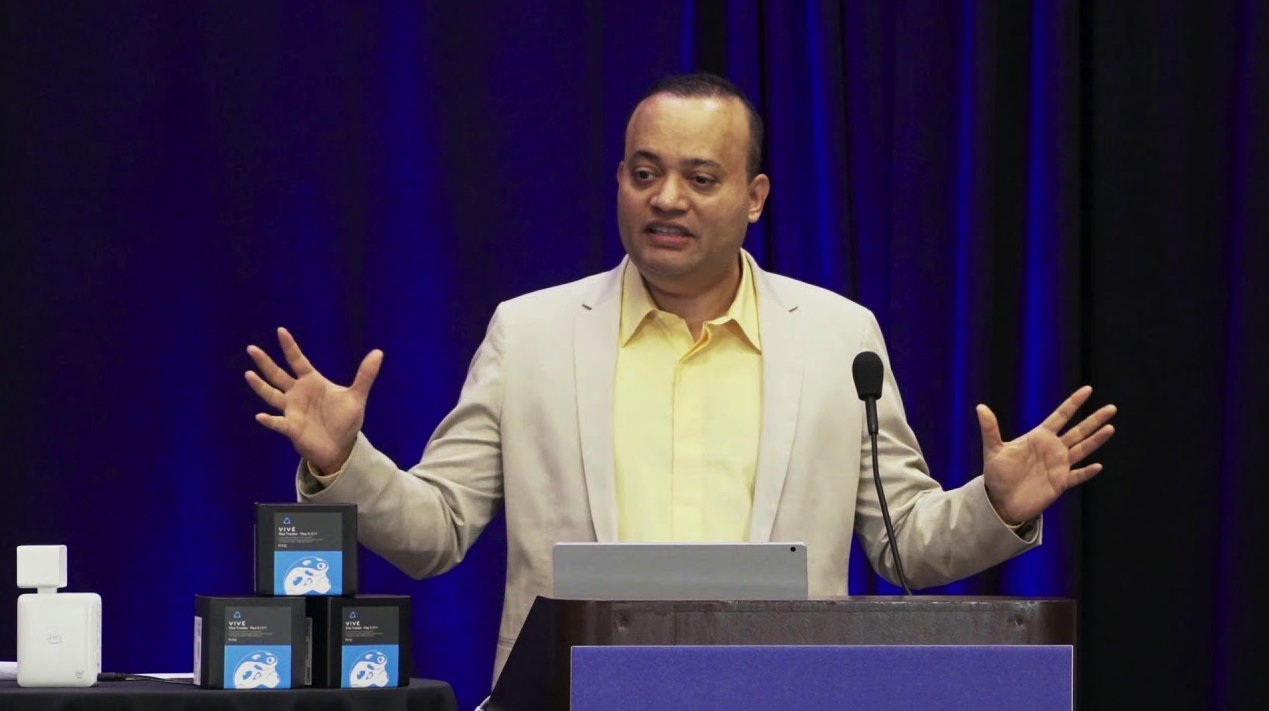
Adityo Prakash, CO-Founder and CEO of Verseon.
The third Verseon Co-founder, Chief Science Officer (CSO) David Kita developed one of the first bioinformatics platforms that catalyzed the genomics revolution.
And Verseon’s Chief Technical Officer Sangtae Kim – a former CEO at the influential Morgridge Institute biomedical unit, and a former VP at major pharma company, Eli Lilly – is now driving enhancement of the company’s powerful AI.
“Verseon’s platform comprises significant new advances within multiple distinct branches of science,” he said.
“Any one of these advances would be enthusiastically welcomed by leading practitioners in their respective domains but collecting them together is virtually unattainable by any other organization. It is by far the most advanced ab initio drug design methodology currently in existence.”
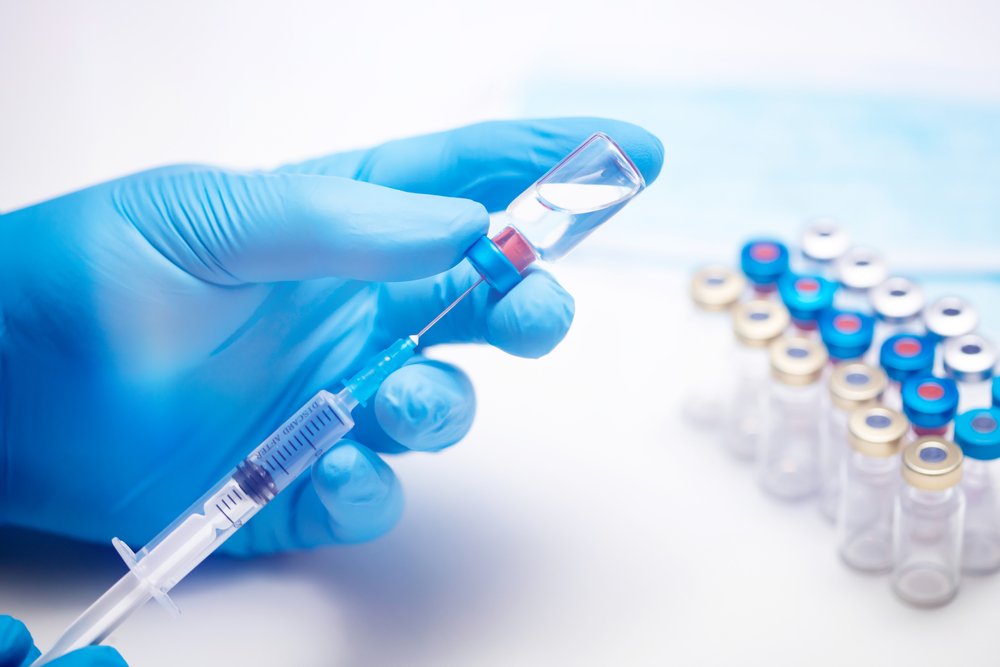
Verseon is already trialling drugs to treat and prevent heart attacks and strokes.

John Deanfield, University College London Professor of Cardiology.
Verseon is currently trialling drugs with remarkably low bleeding risk to treat and prevent heart attacks and strokes in over 400 million patients worldwide – uncontrolled bleeding is the biggest risk factor with current alternatives.
One of the world’s leading cardiologists John Deanfield, University College London’s Professor of Cardiology, commented:

Robert Karr, former SVP of R&D Strategy
“Verseon’s platelet-sparing anticoagulants…represent an exciting ‘precision medicine’ opportunity for the treatment of a large population of cardiovascular disease patients.”
Verseon is also developing oral drugs to treat diabetic vision loss in over 154 million patients, plus a cure for coronaviruses, and three different programs to fight cancer – one of the world’s biggest killers.
All of these are part of a fast-growing drug pipeline of 16 candidate drugs across eight programs, including cancers, heart disease, and degenerative eye diseases due to diabetes.
Pfizer’s former SVP of R&D Strategy Robert Karr said: “Verseon’s disruptive platform changes how drugs can be discovered and developed, and the company is poised to make a dramatic impact on modern medicine.”
News
Oceans Are Struggling To Absorb Carbon As Microplastics Flood Their Waters
New research points to an unexpected way plastic pollution may be influencing Earth’s climate system. A recent study suggests that microscopic plastic pollution is reducing the ocean’s capacity to take in carbon dioxide, a [...]
Molecular Manufacturing: The Future of Nanomedicine – New book from Frank Boehm
This book explores the revolutionary potential of atomically precise manufacturing technologies to transform global healthcare, as well as practically every other sector across society. This forward-thinking volume examines how envisaged Factory@Home systems might enable the cost-effective [...]
New Book! NanoMedical Brain/Cloud Interface – Explorations and Implications
New book from Frank Boehm, NanoappsMedical Inc Founder: This book explores the future hypothetical possibility that the cerebral cortex of the human brain might be seamlessly, safely, and securely connected with the Cloud via [...]
Global Health Care Equivalency in the Age of Nanotechnology, Nanomedicine and Artificial Intelligence
A new book by Frank Boehm, NanoappsMedical Inc. Founder. This groundbreaking volume explores the vision of a Global Health Care Equivalency (GHCE) system powered by artificial intelligence and quantum computing technologies, operating on secure [...]
Miller School Researchers Pioneer Nanovanilloid-Based Brain Cooling for Traumatic Injury
A multidisciplinary team at the University of Miami Miller School of Medicine has developed a breakthrough nanodrug platform that may prove beneficial for rapid, targeted therapeutic hypothermia after traumatic brain injury (TBI). Their work, published in ACS [...]
COVID-19 still claims more than 100,000 US lives each year
Centers for Disease Control and Prevention researchers report national estimates of 43.6 million COVID-19-associated illnesses and 101,300 deaths in the US during October 2022 to September 2023, plus 33.0 million illnesses and 100,800 deaths [...]
Nanomedicine in 2026: Experts Predict the Year Ahead
Progress in nanomedicine is almost as fast as the science is small. Over the last year, we've seen an abundance of headlines covering medical R&D at the nanoscale: polymer-coated nanoparticles targeting ovarian cancer, Albumin recruiting nanoparticles for [...]
Lipid nanoparticles could unlock access for millions of autoimmune patients
Capstan Therapeutics scientists demonstrate that lipid nanoparticles can engineer CAR T cells within the body without laboratory cell manufacturing and ex vivo expansion. The method using targeted lipid nanoparticles (tLNPs) is designed to deliver [...]
The Brain’s Strange Way of Computing Could Explain Consciousness
Consciousness may emerge not from code, but from the way living brains physically compute. Discussions about consciousness often stall between two deeply rooted viewpoints. One is computational functionalism, which holds that cognition can be [...]
First breathing ‘lung-on-chip’ developed using genetically identical cells
Researchers at the Francis Crick Institute and AlveoliX have developed the first human lung-on-chip model using stem cells taken from only one person. These chips simulate breathing motions and lung disease in an individual, [...]
Cell Membranes May Act Like Tiny Power Generators
Living cells may generate electricity through the natural motion of their membranes. These fast electrical signals could play a role in how cells communicate and sense their surroundings. Scientists have proposed a new theoretical [...]
This Viral RNA Structure Could Lead to a Universal Antiviral Drug
Researchers identify a shared RNA-protein interaction that could lead to broad-spectrum antiviral treatments for enteroviruses. A new study from the University of Maryland, Baltimore County (UMBC), published in Nature Communications, explains how enteroviruses begin reproducing [...]
New study suggests a way to rejuvenate the immune system
Stimulating the liver to produce some of the signals of the thymus can reverse age-related declines in T-cell populations and enhance response to vaccination. As people age, their immune system function declines. T cell [...]
Nerve Damage Can Disrupt Immunity Across the Entire Body
A single nerve injury can quietly reshape the immune system across the entire body. Preclinical research from McGill University suggests that nerve injuries may lead to long-lasting changes in the immune system, and these [...]
Fake Science Is Growing Faster Than Legitimate Research, New Study Warns
New research reveals organized networks linking paper mills, intermediaries, and compromised academic journals Organized scientific fraud is becoming increasingly common, ranging from fabricated research to the buying and selling of authorship and citations, according [...]
Scientists Unlock a New Way to Hear the Brain’s Hidden Language
Scientists can finally hear the brain’s quietest messages—unlocking the hidden code behind how neurons think, decide, and remember. Scientists have created a new protein that can capture the incoming chemical signals received by brain [...]
